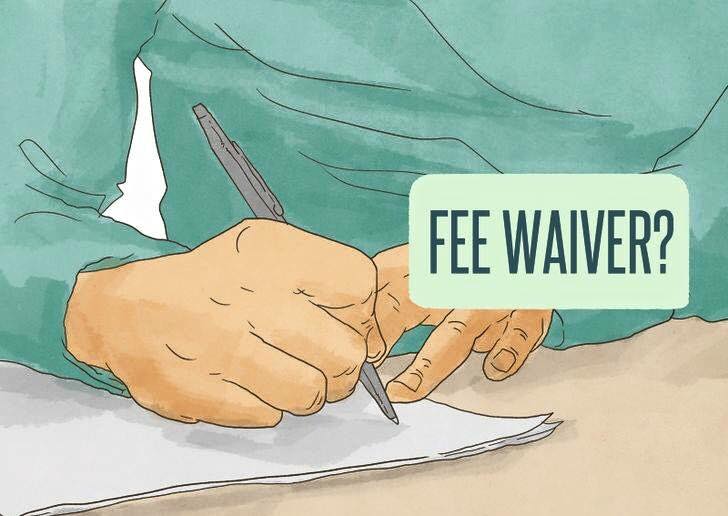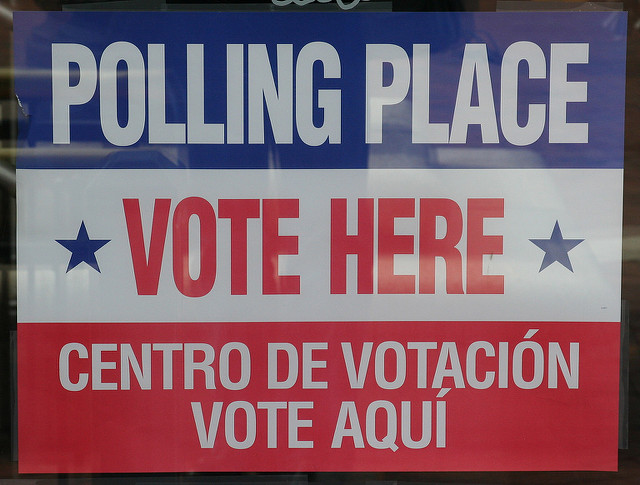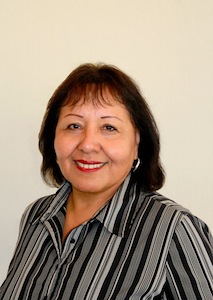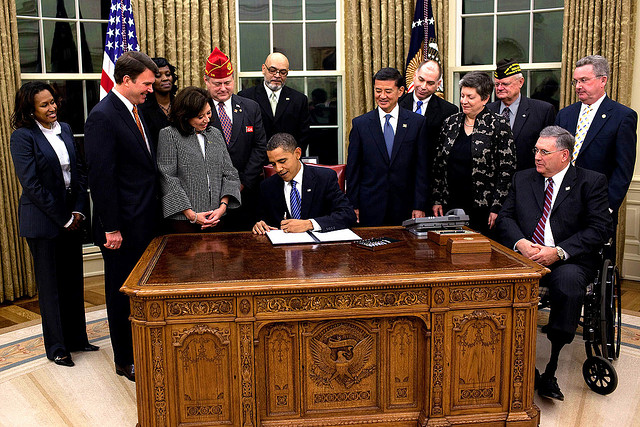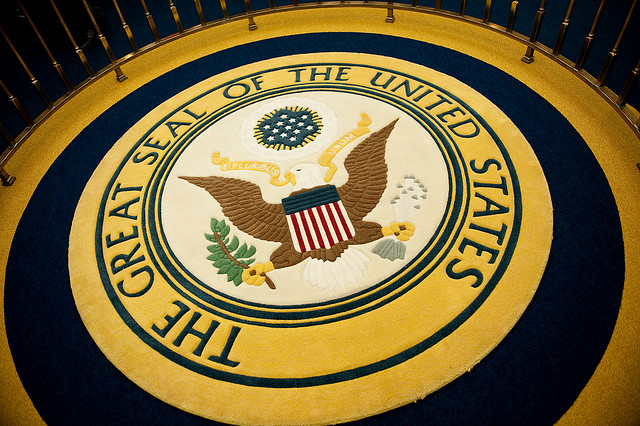Many of our clients are unaware that they may be eligible to receive a fee waiver upon demonstration of a clear financial need. Although USCIS receives much of its funding from the application and petition fees they charge to applicants, the service understands that applications can be very costly for applicants, and that some applicants will not be able to pay the necessary filing fees. Although not all applications and petitions are eligible to receive a fee waiver there are many petitions that qualify.
Who may apply for a fee waiver?
A fee waiver request may be submitted by persons who are unable to pay the required filing fees or biometric service fee(s) for any application or petition that is eligible to receive a fee waiver. In order to receive a fee waiver, applicants must demonstrate that they are unable to pay the filing fees by providing documented evidence of that need with the fee waiver request Form I-912. A fee waiver request, Form I-912, must be filed with all applications and petitions for which you are requesting a fee waiver.
You can request a fee waiver if:
- The form you are filing is eligible for a fee waiver (refer to list below) and
- You can provide documentation showing that you qualify based upon at least one of the following criteria:
- You, your spouse, or the head of household living with you, are currently receiving a ‘means-tested benefit.’
- Your household income is at or below 150 percent of the Federal Poverty Guidelines at the time you file.
You can verify whether your income is below 150 percent of the Federal Poverty Guidelines by calculating your household size and household income, and reviewing the I-912P 2016 Federal Poverty Guidelines.
For example, if you are living in the state of California and you have a household size consisting of three people (you, your husband, and your child) and your total income is at or below $30, 240 you may file a fee waiver request by providing evidence that your income falls below the federal poverty guideline based on your household size and place of residence.
- You are currently experiencing financial hardship that prevents you from paying the filing fee, including unexpected medical bills, emergencies, or other hardship.
Note: You are only required to file one Form I-912 for all family-related applications or petitions you would like to qualify for a ‘fee waiver’ at the same time.
 Visa Lawyer Blog
Visa Lawyer Blog


